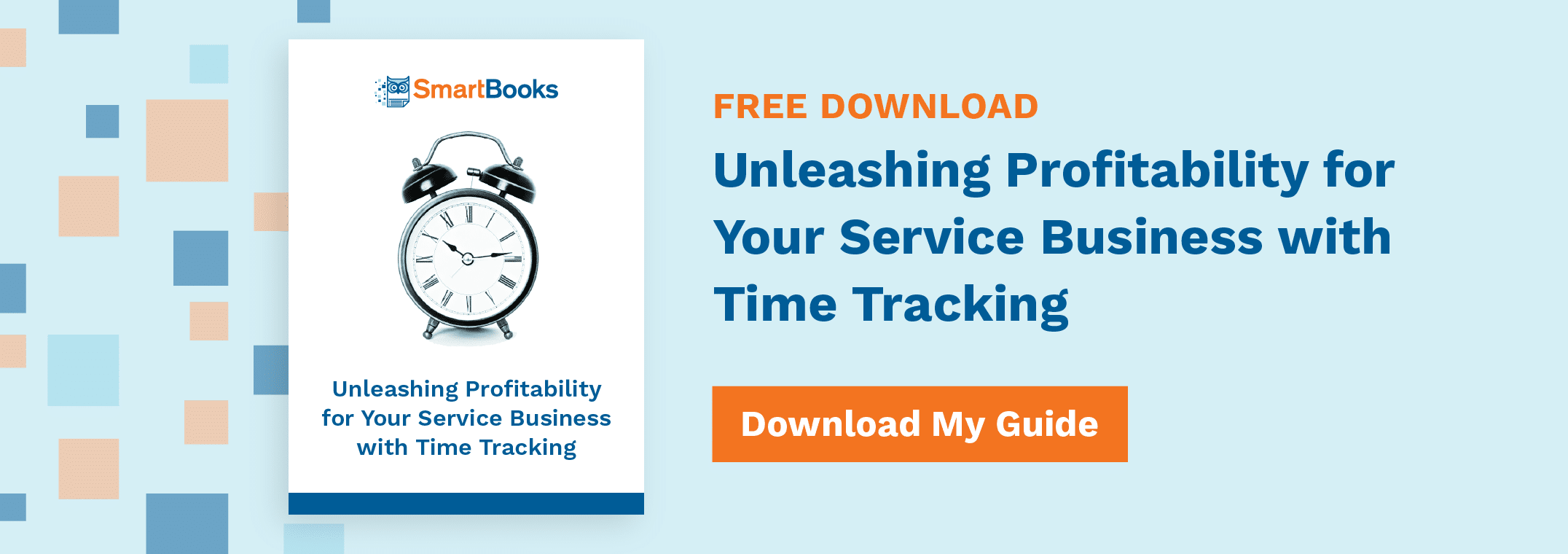Are Time Tracking Apps Necessary for Mobile Workforces?

In a pre-digital world, time tracking was simple. Paper punch cards, handwritten ledgers, and touch kiosks were all we needed to manage employee time. Things aren’t quite as simple these days, thanks in part to the rise of non-traditional, mobile workforce’s that don’t punch the time-clock of yesteryear and, often, have flexible work hours.
A mobile workforce can be classified as any role that isn’t limited by physical location: office employees who work remotely, traveling service technicians who spend all day in the field, and so on. This employee market is growing fast and is expected to encompass 43.3% of the entire global workforce by 2023. Unfortunately, our employee management tools aren’t quite keeping the same pace, and as a result, employers have had to get creative with how they compensate their workforce for its time.
Time Tracking for Mobile Workers
According to one survey, 38% of employees said they still rely on manual processes, such as paper time charts and punch clocks, to track their time at work. While this might sound bizarrely archaic for 2020, it makes sense when you consider the mobile workforce side of things. Often, remote workers aren’t connected to a digital system of time tracking, meaning that they’re responsible for logging and reporting their own hours by hand and then reporting them later.
Of course, as any employer would tell you, this isn’t ideal from a productivity standpoint. Aside from the obvious trust issues, this method of reporting doesn’t offer any type of consistency or data aggregation components that employers need to make broader strategic decisions. Plus, all the data will have to be entered into the company’s system at a later date, meaning more man-hours and thus more money.
Advocates for time tracking are quick to point out the benefits of effective time tracking for worker accountability and productivity, but the data isn’t just an efficiency tool. With the right data collection strategy, a good time tracking process becomes a point of competitive advantage for service businesses:
- Project planning
- Job costing
- Labor efficiency multiple assessments
- Workload forecasting
These types of calculations are essential to a service business’s profitability, but managing these analyses with hand-submitted data is a time-consuming task. To really get a handle on how employee time affects business performance, companies need a way to collect employee time data that’s simple, effective, and easy to integrate with other company software.
Mobile Time Tracking Options
Times have certainly changed since the old-fashioned punch clock. Even for workers that rarely ever see the inside of an office, mobile time tracking apps, such as T-Sheets, offer a reliable, accurate way for mobile employees to keep track of their time. Most of these apps can integrate with your company’s accounting system to automate bookkeeping and payroll processes, further saving you time and money.
In addition to making time tracking easier, modern solutions allow workers to manage their workload on a minute-by-minute basis. You’ll be able to see how long they spent on a specific project, which will help immensely with job costing and project planning.
Time Tracking Solutions
It doesn’t take long for the benefits of more accurate time tracking to pay off. Mobile time tracking apps make the previously impossible task of managing mobile workforce’s possible. They allow employers to keep track of remote worker’s time accurately, immediately and without any additional effort or data entry. In the tech-driven, highly mobile world of modern society, using time tracking apps for your mobile workforce is a no-brainer.
Download our guide to learn more ways your business can improve efficiency and profitability with time tracking.
